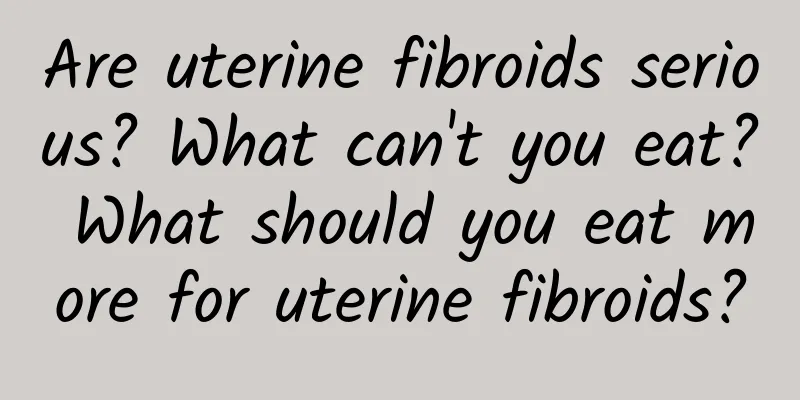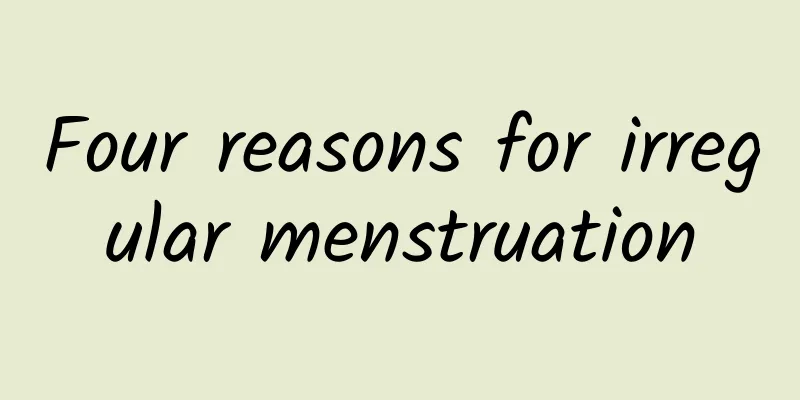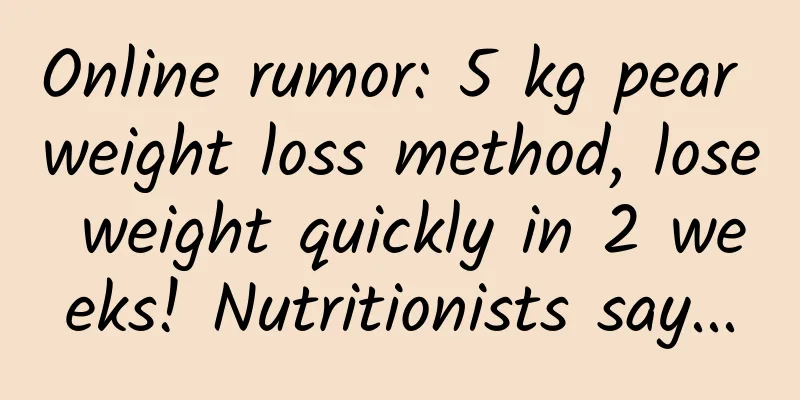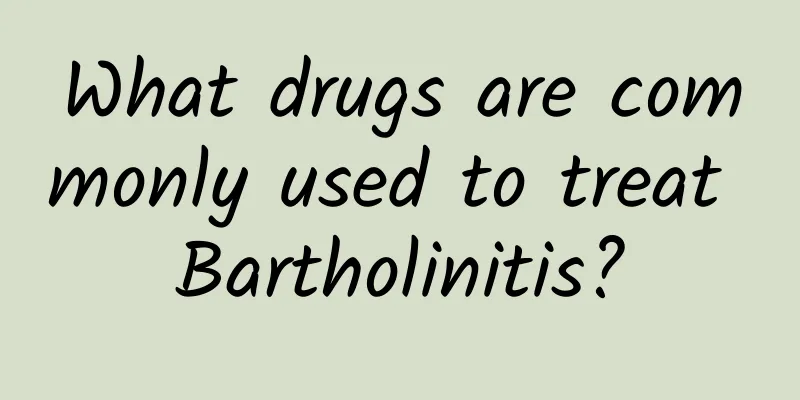Are uterine fibroids serious? What can't you eat? What should you eat more for uterine fibroids?

|
Are uterine fibroids serious? What should I not eat? What should I eat more of when I have uterine fibroids? Uterine fibroids are a common benign tumor in women and are mostly asymptomatic. Although it does not usually cause serious health problems, in some cases, uterine fibroids may cause a range of symptoms, such as irregular menstruation, abnormal bleeding, abdominal discomfort, and fertility problems. Diet plays an important role in the management of uterine fibroids. This article will explore the issues related to whether uterine fibroids are serious, what should not be eaten, and what should be eaten more for uterine fibroids. 1. Are uterine fibroids serious? The severity of uterine fibroids varies depending on the individual patient's situation. For most women, uterine fibroids are harmless and do not have a significant impact on their lives. However, for a small number of women, fibroids may cause some serious complications, such as prolonged abnormal bleeding or abdominal pain caused by compression of surrounding organs. If these situations occur, it is recommended to seek medical treatment in time. 2. What can’t you eat? 1. Irritating foods: Spicy foods, coffee, alcohol and other irritating foods can increase the symptoms of uterine fibroids, causing abnormal bleeding and abdominal discomfort. Therefore, patients with uterine fibroids should avoid excessive intake of irritating foods in their diet. 2. Dense foods: High-fat and high-cholesterol foods can lead to increased estrogen levels in the body, and estrogen is related to the growth of uterine fibroids. Therefore, you should avoid consuming too much high-fat foods such as milk, cheese, and butter. 3. Processed foods: Processed foods usually contain a lot of additives and preservatives. These chemicals may interfere with hormone balance and promote the growth of uterine fibroids. Therefore, the intake of processed foods should be reduced as much as possible. 3. What should you eat more? 1. Fruits and vegetables: Fruits and vegetables rich in vitamins and minerals are very important for the management of uterine fibroids. For example, studies have found that vitamin C and vitamin E can help alleviate the symptoms caused by uterine fibroids. It is recommended to eat more foods rich in vitamin C and vitamin E, such as oranges, apples, spinach, and broccoli. 2. High-fiber foods: High-fiber foods can help promote detoxification and reduce estrogen levels, thereby alleviating the symptoms of uterine fibroids. It is recommended to eat more fiber-rich foods such as whole wheat bread, whole grains, and oats. 3. Balanced diet: A balanced diet is very important for maintaining good health. The five major nutrients should be properly matched in the diet, and protein, carbohydrates and fat should be consumed in moderation. Although uterine fibroids are not serious in most cases, a proper diet is essential for managing this disease. Patients should try to avoid irritating foods, dense foods, and processed foods, and eat more foods rich in vitamins, minerals, and fiber. Of course, when making a diet plan, it is best to consult a doctor or professional nutritionist to ensure the rationality and effectiveness of the diet plan. |
Recommend
Don’t be afraid of starch when losing weight! Eat more of these 6 foods
"Starch is innocent!" Many people menti...
Does ovarian cyst affect menstruation? What should I pay attention to in my life?
Will ovarian cysts affect menstruation? What shou...
How long does it take to get your period after an abortion? You will know after reading this
After an abortion, women are most concerned about...
Get rid of elephant legs in summer! Treat edema symptomatically
Most people probably think that "edema can b...
Analyze the common causes of adnexitis
Adnexitis is a gynecological disease that causes ...
How to prevent delayed menstruation
How to prevent delayed menstruation? 1. Keep a ha...
What should mothers do if they have irregular menstruation during pregnancy? 4 causes of irregular menstruation during pregnancy
Mild menstrual irregularity does not affect pregn...
What causes cervical erosion? How can cervical erosion be cured?
Cervical erosion refers to the ectopic columnar e...
[Video version] Can the cold wave that makes you shiver burn fat and help you lose weight? Research: Low temperature promotes irisin secretion and helps burn brown fat
The cold wave is coming again, and it’s as cold a...
Are most uterine fibroids asymptomatic? What tests should be done before treating uterine fibroids?
From the perspective of traditional Chinese medic...
A brief analysis of the three main diagnostic methods for chronic cervicitis
Since chronic cervicitis does little harm to wome...
Can endometrial tuberculosis be detected by endometrial biopsy?
Although more and more female friends are infecte...
TCM treatment of pelvic peritonitis
Pelvic peritonitis is a gynecological disease. Ac...
Can you get cervicitis if you don't have sex? Eating these 3 foods can easily deal with cervicitis
Cervicitis is a gynecological genital inflammatio...
How to choose medication after artificial abortion
How to choose medication after artificial abortio...









